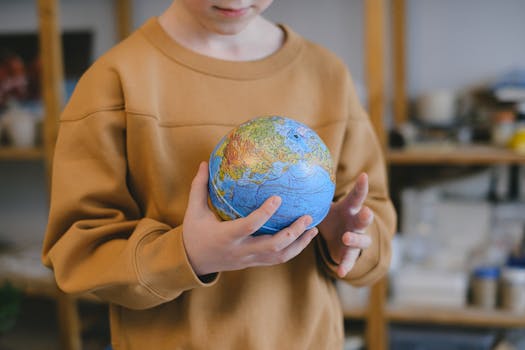
Cultural Shifts and Societal Trends Leading to 2025: A New Era of Transformation
Cultural shifts and societal trends are constantly evolving, and the next few years will be no exception. As we approach 2025, it’s essential to understand the key transformations that will shape our world. Cultural shifts and societal trends are leading the way, driven by technological advancements, changing consumer behaviors, and growing concerns about sustainability.
Section 1: Technological Advancements

Technology is a primary driver of cultural shifts and societal trends. The rise of artificial intelligence, Internet of Things (IoT), and 5G networks will continue to transform industries and our daily lives. For instance, AI-powered chatbots will become more prevalent in customer service, while IoT will enable greater connectivity and efficiency in smart homes and cities.
Furthermore, the increasing use of virtual and augmented reality will change the way we interact, work, and entertain ourselves. These technologies will also have a significant impact on education, healthcare, and the workforce, leading to new opportunities and challenges.
Section 2: Sustainability and Environmental Concerns

Concerns about climate change, sustainability, and environmental degradation are becoming more pressing. As a result, there is a growing demand for eco-friendly products, renewable energy, and sustainable practices. Companies are responding by adopting green technologies, reducing waste, and promoting corporate social responsibility.
Additionally, consumers are becoming more aware of the impact of their purchasing decisions on the environment. This has led to a rise in conscious consumerism, with people opting for products and services that align with their values and promote sustainability.
Section 3: Shifting Consumer Behaviors and Demographics

Changing consumer behaviors and demographics are also driving cultural shifts and societal trends. The gig economy and remote work are becoming more popular, offering greater flexibility and autonomy. However, they also raise concerns about job security, benefits, and social isolation.
The aging population and increasing diversity are also significant factors. As people live longer and societies become more multicultural, there will be a growing need for age-friendly and inclusive products, services, and environments.
Section 4: The Future of Work and Education

The future of work and education is being reshaped by technological advancements, shifting consumer behaviors, and demographic changes. There will be a growing demand for lifelong learning, as people need to continuously update their skills to remain relevant in the workforce.
Moreover, the traditional 9-to-5 work model is being challenged by the rise of flexible work arrangements and entrepreneurship. This will require educators and employers to adapt and provide opportunities for people to develop the skills they need to thrive in a rapidly changing world.
Section 5: Conclusion and Recommendations

In conclusion, the cultural shifts and societal trends leading to 2025 will have a profound impact on our lives. To navigate these changes, it’s essential to be aware of the key transformations and their implications. We must also be willing to adapt and innovate, embracing the opportunities and challenges that arise.
Recommendations for individuals, businesses, and governments include investing in education and training, adopting sustainable practices, and promoting diversity and inclusion. By working together, we can create a brighter, more sustainable future for all.






